 | [SERIOUS - LEVEL 1] First time using the serious tag from CCIP-033 lets see how it goes. Bitcoin development can often seem a bit of a black box. Without knowing where to look you would likely never know half the shit that is going on behind the scenes, that's not to say it's exclusive or elitist (although it certainly can be), anyone can work on and propose new BIPs but given the primary function of bitcoin development at this point seems to be "do not break bitcoin" a lot of things never make it out of the testing phase, conservatism rules and thus new and exciting features never really make it into the public eye. IT seems most of the exciting developments are happening on layer 2 on ETH and other layer 1s that can afford to try new things and don't have 400bn on the line if something goes wrong. They can implement, break and fix in a timeframe that simply isn't possible for bitcoin layer 1. ₿ ₿ ₿ ₿ ₿ ₿ ₿ ₿ ₿ ₿ ₿ ₿ ₿ ₿ ₿ ₿ ₿ ₿ ₿ ₿ ₿ ₿ ₿ ₿ ₿ ₿ ₿ ₿ ₿ ₿ ₿ ₿ ₿ ₿ ₿ ₿Today was day 1 of Bitcoin Amsterdam 2022 a large, ongoing bitcoin conference streamed to youtube via the Bitcoin Magazine channel: https://www.youtube.com/c/BitcoinMagazine One of the big discussions today was between Adam Back and Paul Sztorc, one of which a lot of you will know but the other probably not but both believe in bitcoin sidechains to give developers more freedom to experiment without pissing off the layer 1 maintainers. Adam Back with the Liquid network and Paul Sztorc with Drivechain. I first heard about drivechain some years ago but dismissed it as the toxic maxi I was, (if it wasn't approved by my twitter peers it wasn't good enough for me!) It's no secret that bitcoin has been losing ground, dominance and general excitement/sentiment to other, newer, more accessible projects. The economic, protocol and basic math case for bitcoin hasn't changed but the industry and community that has exploded around cryptocurrency certainly has, and at a rate that has far exceeded even what Satoshi could possibly have imagined. (Both the good and the bad). Maxis will have you believe that all of these are pointless, they offer precisely nothing of value and will all eventually go to zero. Up until recently I'd been inclined to agree, I have some concerns about ETH and regulatory capture but it's impossible to ignore that the vast amount of the "momentum" in the space is behind ETH and it's layer 2's right now and I don't imagine that is going to dissipate in the short term. Paul Sztorc adamantly believes that bitcoin maximalists have forced out "altcoiners" and that pushing them to one side, deriding them, and generally being cult like, maxis have become the biggest promoters of altcoins simply by refusing to see the use, hard work or ingenuity that has gone in to alternative cryptocurrencies such as ETH. (See his pinned tweet: https://twitter.com/Truthcoin/status/1544031917724549120) As a solution to this, and for many years now, he has been working on a project called DRIVECHAIN - Bitcoin sidechains made possible via BIP300 ( transactions "signed" by hashpower, over time) and BIP301 ( Blind Merged Mining (BMM)) they are yet to be implemented but the software behind Drivechain was shown as a demo during Bitcoin Miami last year and is available to test yourself right now (but has existed for a some time). So what is Drivechain?Peer-to-Peer Bitcoin Sidechains Drivechain allows Bitcoin to create, delete, send BTC to, and receive BTC from “Layer-2”s called “sidechains”. Sidechains are in a sense their own altcoin chain that lacks a native “coin” – instead, pre-existing coins [from a different blockchain] can be sent over. Once on a sidechain, coins can change hands an unlimited number of times, and in an unlimited number of new ways. It's not just a case of swapping coins back and forth, virtually all altcoin protocol improvements can be implemented as a sidechain on top of bitcoin. Thus, BTC-owners can opt-in to new features or tradeoffs, security enhancements, decentralized apps etc. Meanwhile, the Bitcoiners who don’t opt-in, including toxic maxis, never need to care what any sidechain is doing as the baselayer remains unaffected. Example of \"bit-monero\" monero bitcoin sidechain interacting with the bitcoin base layer. Transfers from sidechain back to the mainchain (ie, from Layer 2 back to Layer 1) are not done via verifiable proof, but instead via conjecture-and-refutation. A “bundle” of transfers is asserted, and then slowly “ACKed” over time. After 3 months of ACKing, the bundle succeeds. The only piece of information from the sidechain that interacts with the bitcoin core layer is a 32-byte hash. Thus, the SC:BTC market price cannot deviate significantly from a 1:1 ratio. Where does that get us?By utilising sidechains you can "onboard" altcoins onto bitcoin layer one, utilising the security of the base layer and PoW provided by bitcoin but the freedom, flexibility and ingenuity of altcoins.
ETH-SIDEWhat this also enables is the ethereum stack running on top of bitcoin using "Eth-Side" with bitcoin as your native currency including interacting with apps, contracts and anything else you might want to clone from the ETH stack. No PoS, no PoW, in fact no ETH at all : Demo of ETH clone sidechain running on Bitcoin: https://www.youtube.com/watch?v=PsaSGZ0yulQ Illustrated guide: https://www.drivechain.info/blog/ethside-guide/ In this example the bitcoin base layer will have no knowledge of the interaction that took place with the ethereum contract or what occurred in the ethereum stack. The demo from the video is a very basic example of what is possible using Sidechains but, as it requires bitcoin improvement proposals (BIPs) to make happen it is already facing some blowback from various segments of the community who see anything none-core as an attack on bitcoin itself. This post probably gave you more questions than answers so here's Paul's own VERY comprehensive FAQ that covers on boarding "alts", miners, game theory, blind merged mining: https://www.drivechain.info/faq/index.html The final question I personally had is why? Why bother at all? There are altcoins that do all these things and exist already. And yeah, there are, but one of the most obvious ways that bitcoin could "fail" in the longterm is the same reason Myspace, AOL, YAHOO etc are no longer used. First mover advantage only means so much and simply won't overcome a total failure to adapt to the market. Bitcoin has survived for this long because, frankly, most other coins have been an absolute shit show and failed to materialise any real use case but altcoins will inevitably eat away at bitcoins marketshare as they have been. New tech, new use cases and much quicker "make it, break it, fix it" development cycles are all now competing for a piece of the pie and some of them are incredibly well funded compared to the "bootstrap" days of old where people would all point their miners at a certain place at a certain time and hope someday the generated tokens would be worth something. Perhaps bitcoin remains the "store of value" forever and that's enough to compete with failing fiat currencies but the current landscape rewards innovation, risk and flexibility (random ICO altcoins making $30-50m marketcap without even having a working product) so if bitcoin can achieve that, whilst providing miners with added mining incentive without affecting the core protocol shouldn't it try? Besides, if you don't want to run a sidechain you simply don't. [link] [comments] |

You can get bonuses upto $100 FREE BONUS when you:
💰 Install these recommended apps:
💲 SocialGood - 100% Crypto Back on Everyday Shopping
💲 xPortal - The DeFi For The Next Billion
💲 CryptoTab Browser - Lightweight, fast, and ready to mine!
💰 Register on these recommended exchanges:
🟡 Binance🟡 Bitfinex🟡 Bitmart🟡 Bittrex🟡 Bitget
🟡 CoinEx🟡 Crypto.com🟡 Gate.io🟡 Huobi🟡 Kucoin.
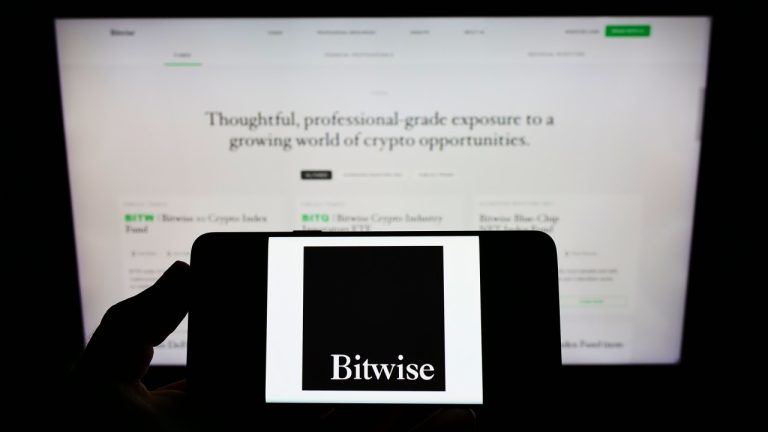


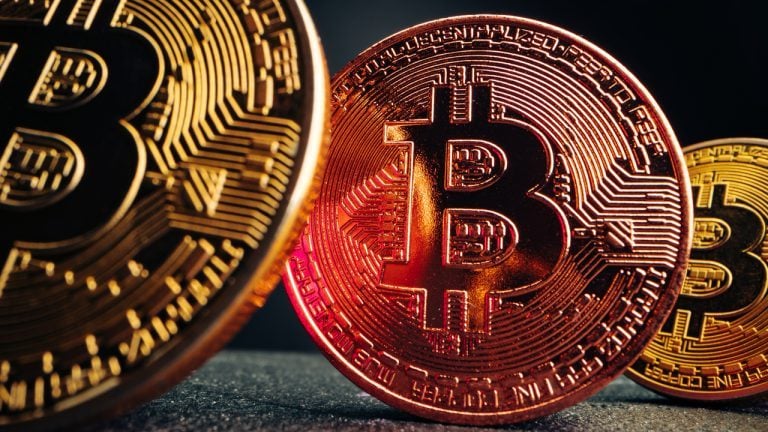


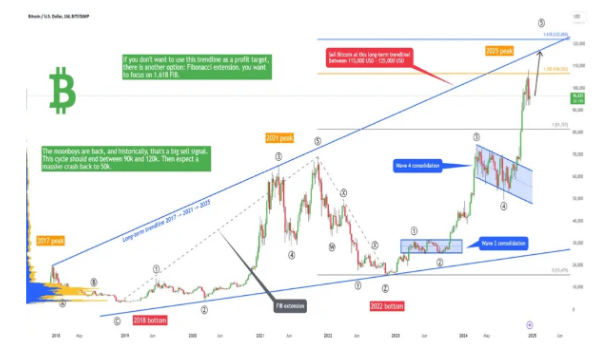

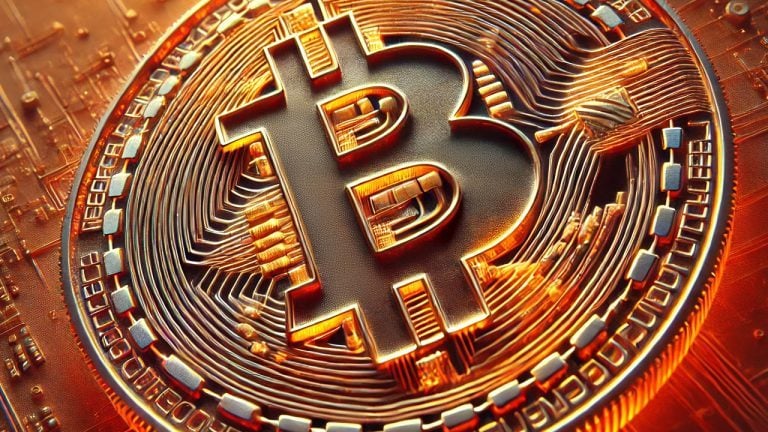


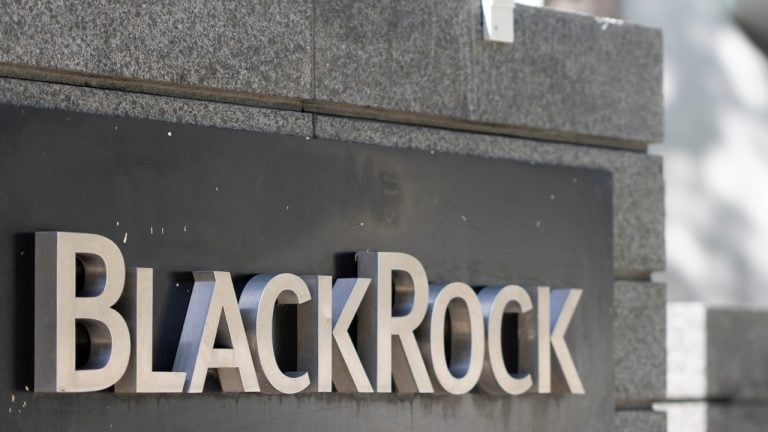
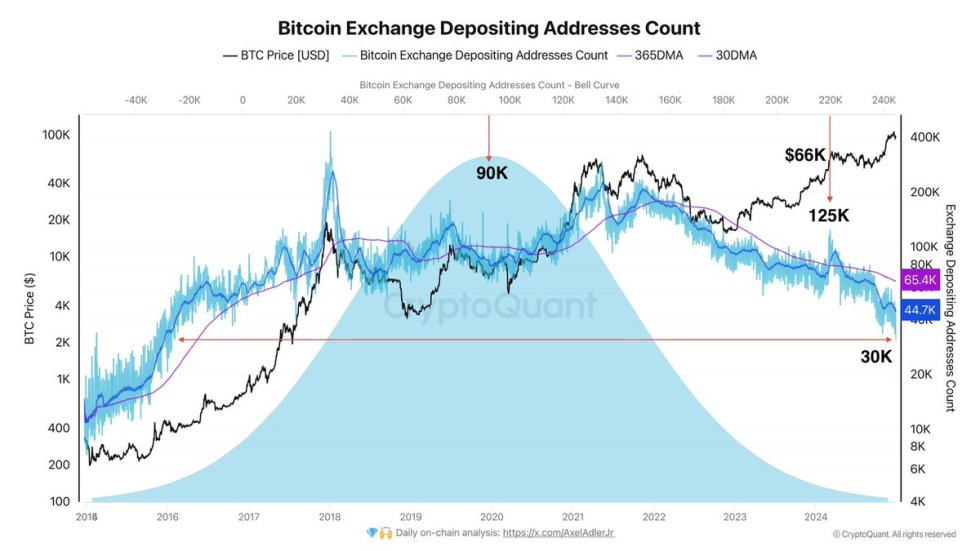
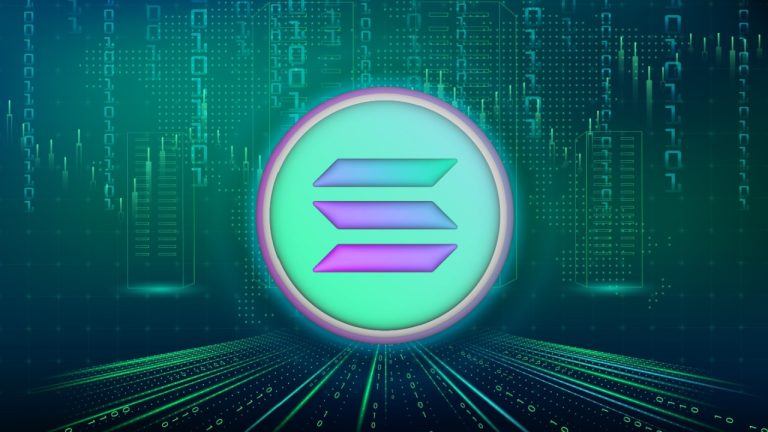


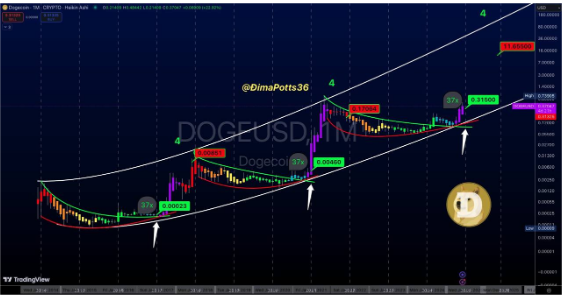



Comments